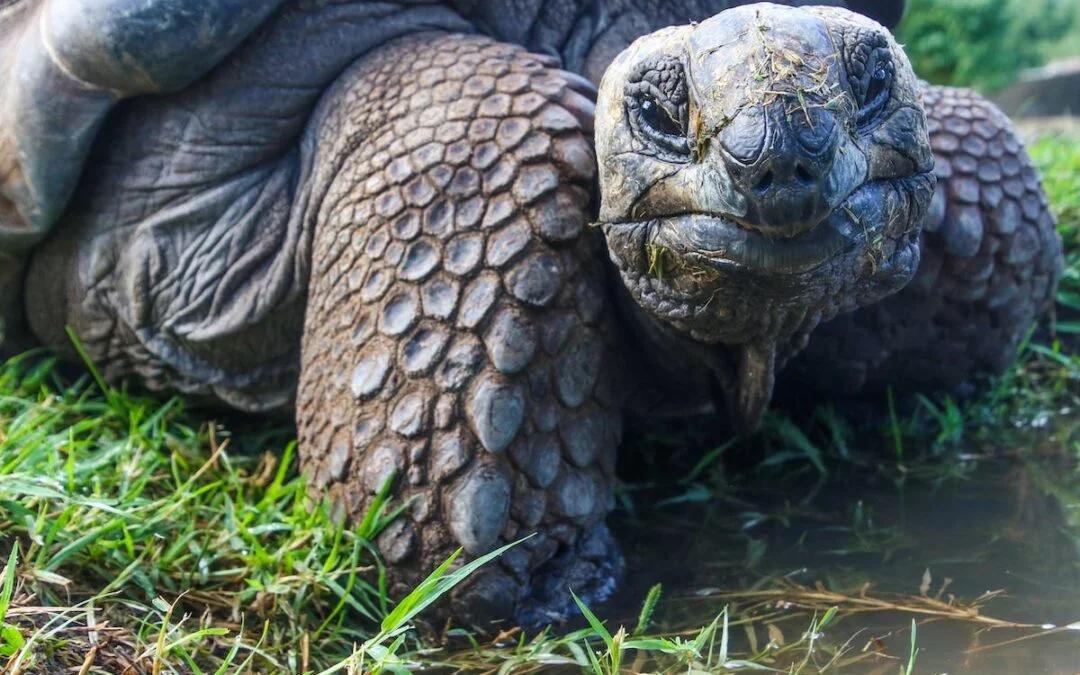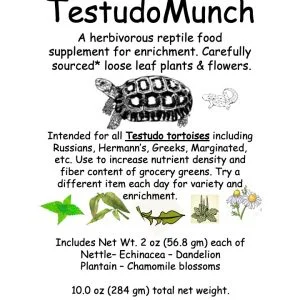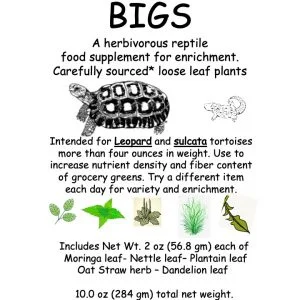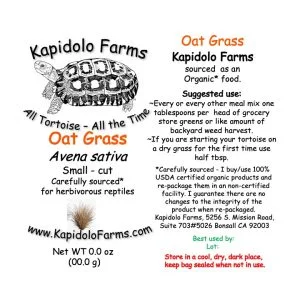Are you considering getting a pet tortoise? If you need help selecting the best tortoise species as pets, you’ve come to the right place. At Kapidolo Farms, we offer tortoise supplies, food, and diet items. Read on to learn more.
Tortoises can make wonderful pets, but choosing the right species is crucial. If you’re a first-time tortoise owner, it’s essential to explore common tortoise species recommended for beginners.
Which tortoise species are perfect for beginners? Here are some beginner-friendly options to consider:
Mediterranean Spur-Thighed Tortoise
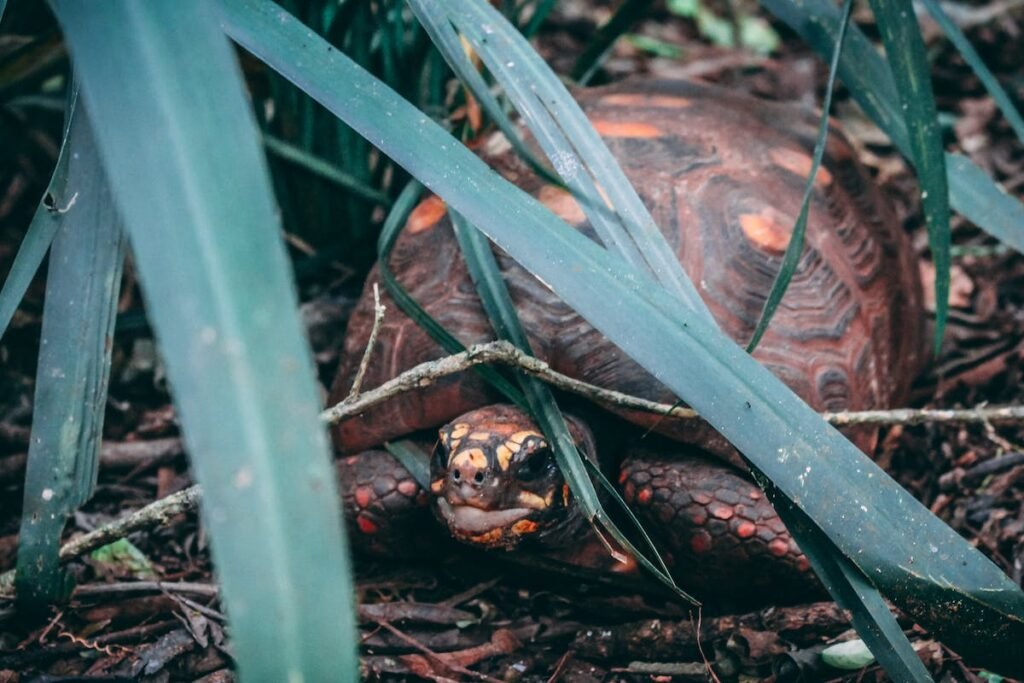
Also known as the Greek tortoise, the Mediterranean spur-thighed tortoise is a recommended choice for first-time tortoise owners. Commonly found in nature, they possess soft spurs on their tails. These tortoises are excellent beginner pets due to their ease of care.
Setting up an enclosure with UVB lighting is necessary, but they don’t require a large tank due to their small size. With an average lifespan of 50 years, they are herbivores and known for their friendly demeanor. They are readily available in pet shops and from reputable tortoise breeders.
Pros:
- Easy to maintain
- Requires a small tank
Cons:
- Long lifespan of up to 50 years
Red-Footed Tortoise
The red-footed tortoise is a recommended choice for first-time pet owners. Identified by bright red spots on their legs, they are easily recognizable. Some individuals may also display red coloring on their head, tail, or both.
These tortoises are generally more affordable than other species and typically grow to less than a foot and a half in length. With a lifespan of 30-50 years, they thrive in environments with high humidity, around 70-80%. It’s essential to provide them with a diet rich in protein, as they cannot survive on vegetables alone.
Pros:
- Affordable and smaller than other tortoise species
Cons:
- Complex dietary requirements
Russian Tortoise
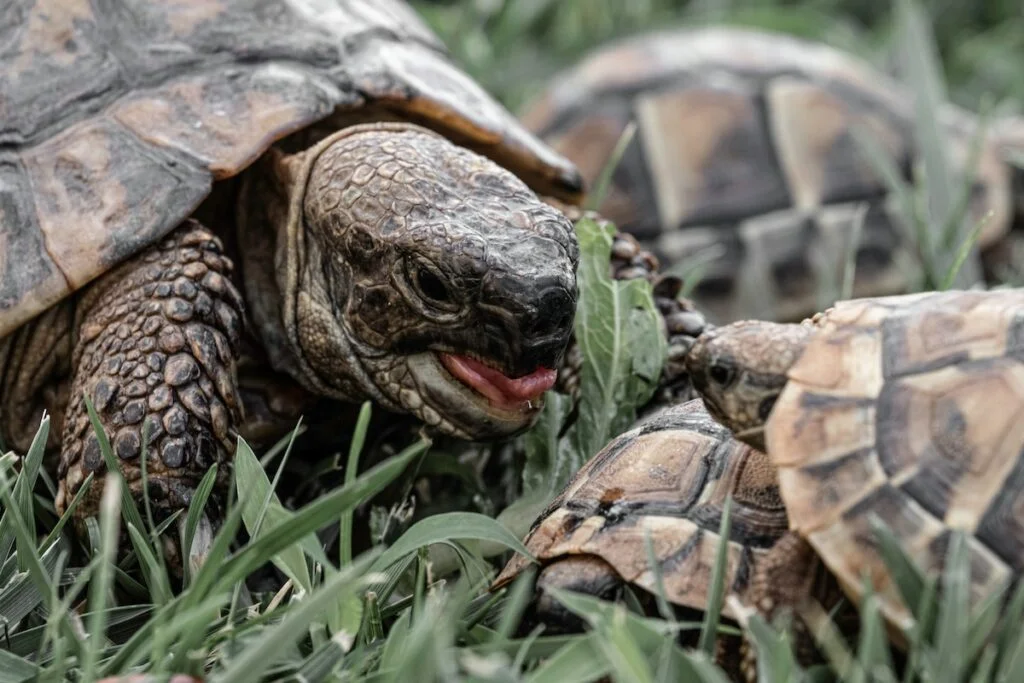
Another popular choice, the Russian tortoise, typically grows up to 10 inches long. Known for their durability, they often live around 40 years. Unlike some tortoise species, they are less sensitive to temperature fluctuations. Their humidity needs are moderate, making them suitable for indoor housing, although they can also explore outdoor environments in warm climates. Curious by nature, they enjoy basking in the sun.
Pros:
- Small and resilient, easy to maintain
Cons:
- Long lifespan, potentially outliving their owner
Indian Star Tortoise
The Indian star tortoise, while not as common as other species, is highly sought after by reptile enthusiasts. Recognizable by the beautiful star pattern on their shells, they are considered prized possessions, albeit at a higher cost compared to other tortoises.
Growing up to a foot in length, they are relatively easy to care for, with manageable temperature and humidity requirements. They can even be housed together, should you choose to have multiple tortoises. However, it’s important to note that they are illegal to export from Sri Lanka and India.
Pros:
- Uncommon, making them prized among reptile enthusiasts
Cons:
- Higher cost and legal restrictions on export
Leopard Tortoise
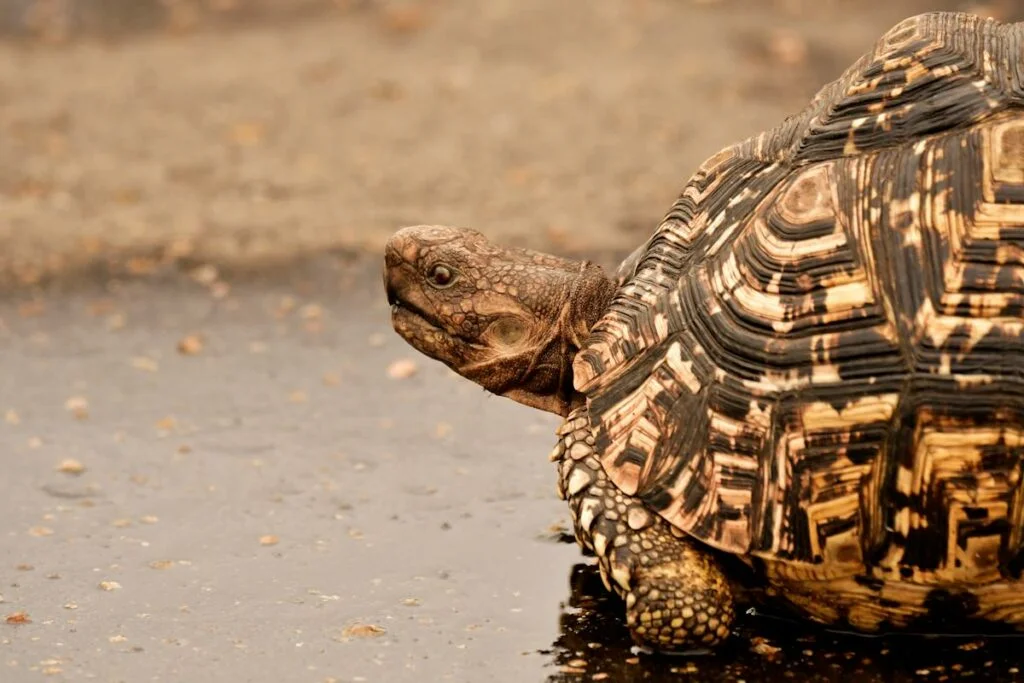
Named for their distinctive yellow and black coloration, leopard tortoises require temperatures of 80 degrees Fahrenheit or higher to thrive. Due to their potential size, they need ample space and won’t do well in small enclosures.
Fortunately, they are easy to feed, as they thrive on a diet of leafy greens, fruits, and vegetables, being herbivores. Known for their calm demeanor, they make excellent pets, although their size can be a consideration for some.
Pros:
- Diet primarily consists of leafy greens, fruits, and vegetables
Cons:
- Can grow quite large, requiring sufficient space
African Spur-Thighed Tortoise
Also known as the Sulcata tortoise, the African spur-thighed tortoise is one of the largest tortoise species globally, growing up to 36 inches long. With a lifespan of up to 70 years, they are popular among reptile enthusiasts, often being captive-bred and relatively inexpensive to acquire.
However, it’s crucial to purchase from a reputable breeder. While initially shy as hatchlings, they become interactive as they mature. Keep in mind that they can be destructive, so proper enclosure setup is essential.
Due to their size, outdoor enclosures or dedicated indoor spaces are recommended to provide ample room for them to roam. While they can tolerate low temperatures, additional heat may be necessary during colder months. Given their fondness for burrowing, it’s advisable to construct enclosures at least 2 meters deep.
Pros:
- Relatively affordable and enjoy interacting with owners
Cons:
- Require large enclosures, either outdoors or indoors
Hermann’s Tortoise
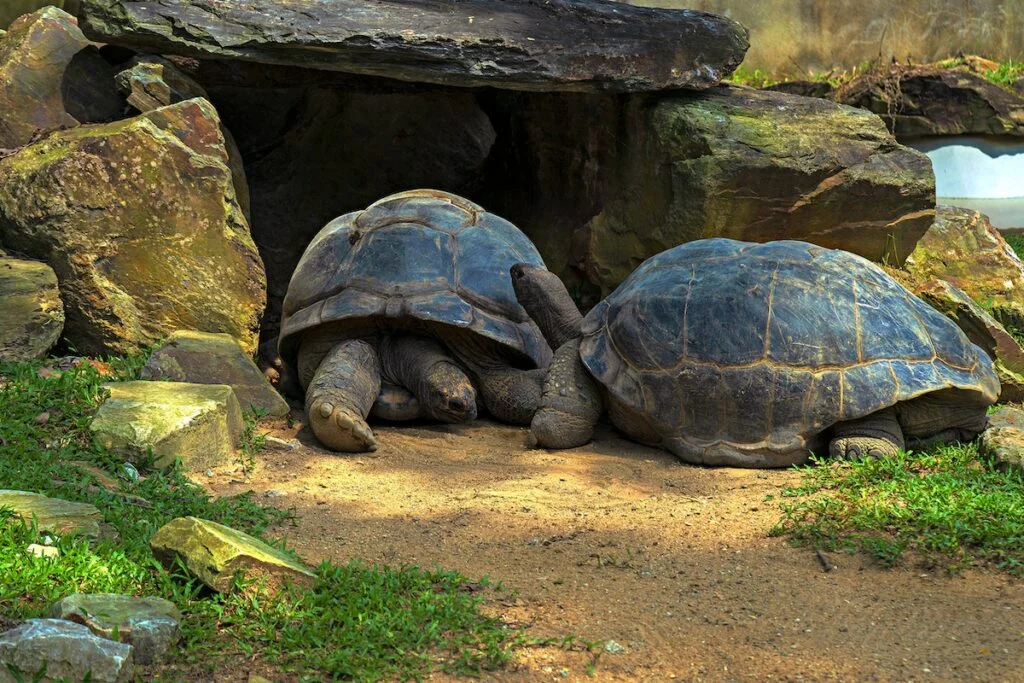
Hermann’s tortoise typically reaches lengths of up to 8 inches and boasts a lifespan of over 50 years. The western subspecies is among the smallest pet tortoises globally, while the eastern variant can grow up to 11 inches long.
Known for their climbing prowess, they require enclosures with high walls to prevent escape. Enriching their environment with plants and rocks keeps them engaged, as they are both docile and active, enjoying interactions with their owners.
Pros:
- Docile nature and interactive behavior
- Maximum length of 8 inches
Cons:
- Need for enclosures with high walls due to climbing tendencies
Egyptian Tortoise
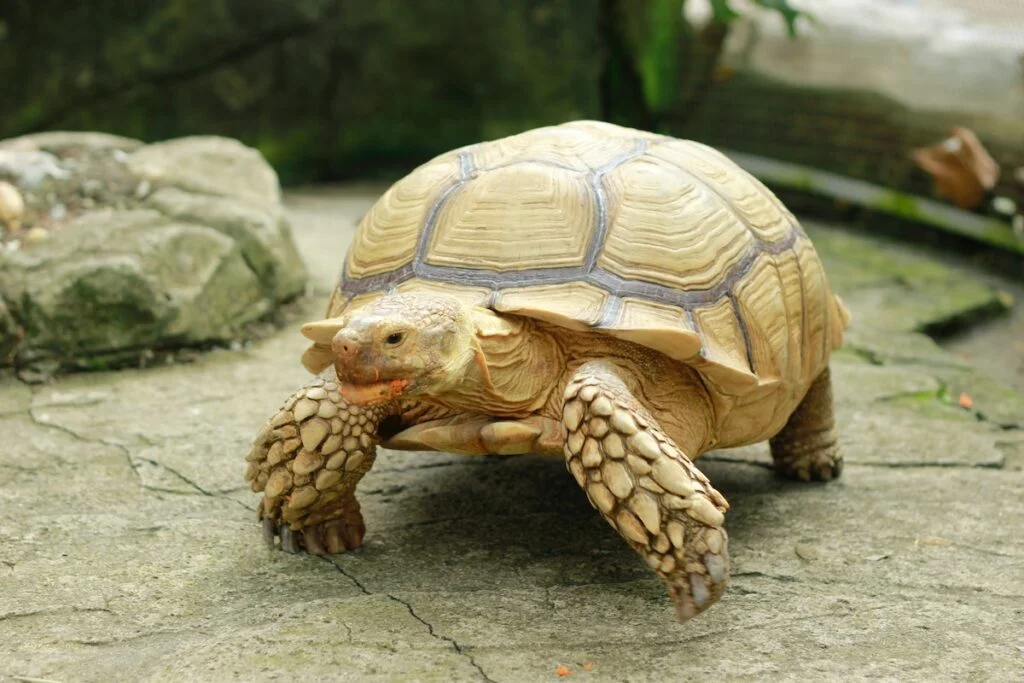
Also referred to as Kleinmann’s tortoise, the Egyptian tortoise typically grows to about 5 inches in adulthood and boasts a lifespan of 70-100 years. Well-suited to tortoise tables, they don’t require expansive spaces.
Thriving as captive-bred species, they are favored among reptile enthusiasts despite being critically endangered in the wild. Regular bathing is necessary to prevent dehydration, as they are sensitive to sudden temperature changes and require a consistent environment.
Pros:
- Maximum length of 5 inches
Cons:
- Long lifespan of 70-100 years, requiring long-term commitment
- Susceptibility to dehydration
Tortoises, unlike their aquatic counterparts, turtles, are known for their relaxed and docile nature. They are a favored choice among reptile enthusiasts looking for a pet. With their manageable size and relatively low maintenance needs, they make ideal companions.
However, it’s crucial to provide them with the proper enclosure to ensure their well-being, as they can live for many years. Opting for captive-bred tortoise species is essential to avoid supporting illegal reptile trade.
If you’re considering getting a pet tortoise but unsure which species to choose or need assistance with supplies, food, and diet recommendations, turn to Kapidolo Farms.
We offer a range of products and ship nationwide across the USA. For more information, feel free to contact us at 215-483-7675 or via email at kapidolofarms@gmail.com. Choose Kapidolo Farms for all your pet tortoise needs today! Don’t hesitate—reach out to us now!


